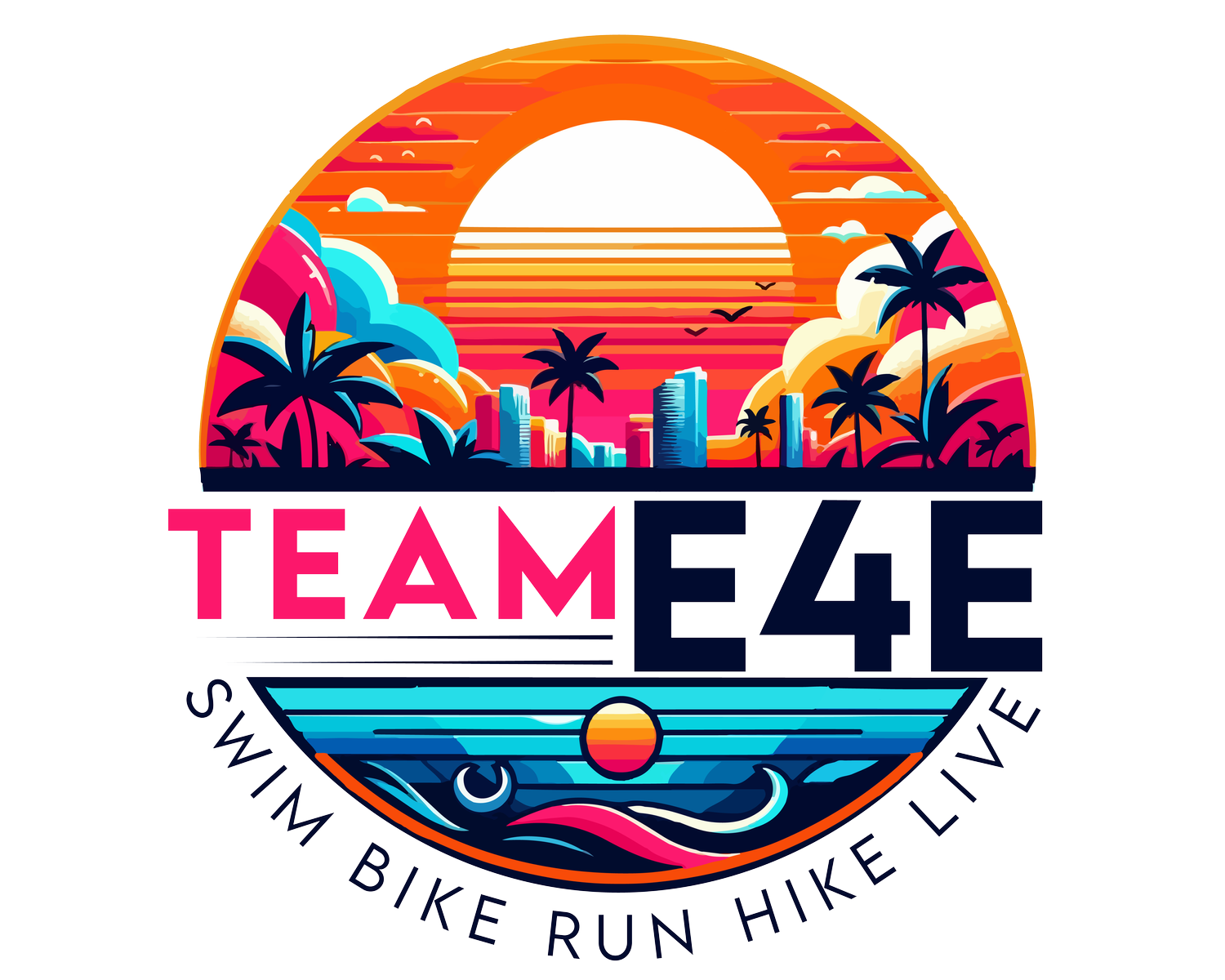Beyond the Finish Line: Embracing New Horizons After My Triathlon Journey
An athlete's journey, particularly in the demanding realms of triathlon, is marked by unrelenting challenges, not just from the rigorous nature of the sport but also from personal battles that sometimes seem impossible. The harsh reality of facing the end of a triathlon "career" can be a profound moment of reckoning, not only with the physical limitations imposed by chronic conditions such as Psoriatic Arthritis (PsA) but also with the emotional and psychological resilience it takes to confront and adapt to such changes.
The Challenge of Psoriatic Arthritis
Psoriatic Arthritis is a chronic autoimmune disease characterized by skin inflammation (psoriasis) and joints (arthritis). For athletes, this condition poses a unique set of challenges. The inflammation can lead to pain, stiffness, and swelling in and around the joints, alongside the skin lesions associated with psoriasis. This makes the intensive training and recovery of triathlon particularly taxing.
The three disciplines of triathlon—swimming, cycling, and running—each demand a high level of physical exertion and strain on the body. Coupled with weightlifting, a critical component of strength training for many athletes, the cumulative stress can exacerbate the symptoms of PsA. Combining these activities, along with the necessity for consistent, multiple training days, becomes a Herculean task that can push the body's limits beyond what is healthy or, indeed, possible.
The Emotional Toll
Acknowledging that this cherished aspect of one's life may no longer be feasible is daunting. It's not just about losing the ability to compete or engage in these activities at a high level; it's about confronting a loss of identity, a reshaping of self-concept, and the grief that accompanies the fading of dreams long held. The initial disappointment is palpable and deeply personal.
However, the journey through disappointment and acceptance is often softened by the support of loved ones and the community. Kim's support and encouragement from friends and fellow athletes become a beacon of light in what may initially appear as an enveloping darkness. This support network is invaluable, offering consolation and perspective—a reminder that while one road may be ending, the journey itself continues.
Refocusing and Resetting
The end of a triathlon career, especially one cut short by something as unpredictable and uncontrollable as PsA, is not the book's closing but rather the start of a new chapter. This transition period is an opportunity to reset and refocus, find new passions within the realm of physical activity that do not exacerbate one's condition, and set new, attainable goals.
Adapting to New Activities: Exploring alternative physical activities that are less taxing on the joints and can be pursued individually may provide a new avenue for satisfaction and achievement. Sports such as swimming, which is generally kind to the joints, or cycling more leisurely, can still offer the thrill of physical exertion without the detrimental impact.
Finding Strength in Flexibility: Embracing a more flexible approach to physical activity—recognizing the importance of rest and listening to the body’s needs—can foster a healthier, more sustainable relationship with exercise.
Setting New Goals: Redirecting competitive energies towards different objectives, whether they be in sports, personal development, or helping others navigate similar journeys, can provide a renewed sense of purpose.
Leveraging Experience: The skills, discipline, and resilience developed through triathlon training are transferable to many other areas of life. This wealth of experience can be a powerful tool in overcoming the challenges posed by PsA and in pursuing new ventures with confidence and determination.
The Road Ahead
Though different from the one imagined, the road ahead is still rich with potential. It's a path that requires patience, adaptability, and an open heart. The lessons learned from the triathlon—the importance of perseverance, the value of community support, and the strength found in facing adversity—remain guiding principles, even as the terrain changes.
Conclusion
Confronting the end of a triathlon career because of Psoriatic Arthritis is undoubtedly challenging and filled with moments of disappointment and grief. Yet, it also presents an opportunity for growth, reflection, and adaptation. The support of loved ones, the community's strength, and the human spirit's resilience provide the foundation upon which new dreams can be built, and new goals can be achieved. The end of this particular road is not the cessation of the journey; it's merely a detour, a redirection towards new adventures and accomplishments, each as fulfilling and rewarding as those that came before.
